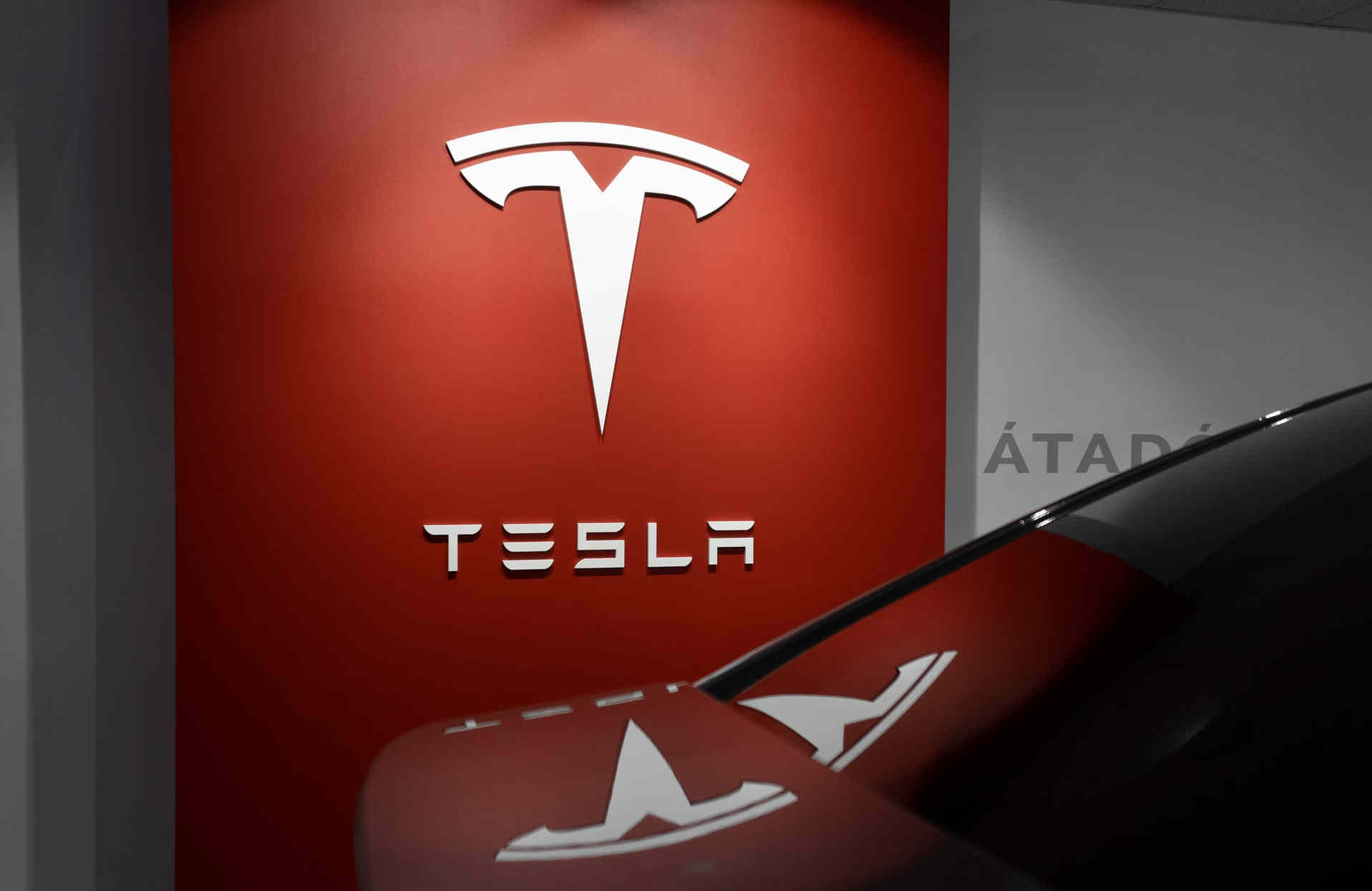
Why 2022 Is A Decisive Year for Tesla (TSLA) Valuation
The back and forth between Tesla naysayers and supporters has been going on for the better part of a decade.
So far, Tesla supporters have come out ahead as as the company massively expanded production, released a slate of new models and turned Elon Musk into a famously wealthy billionaire.
Not to mention the enormous rewards reaped by Tesla investors thanks to the skyrocketing price of Tesla stock.
But is 2022 shaping up to be the next big challenge for Tesla?
Concerns About Tesla (TSLA) Valuation in Previous Years
In the past, concerns about Tesla valuation centered mainly on:
(i) viability
Is Tesla profitable? Can Tesla survive without government incentives? Is there enough demand for Tesla cars?
(ii) manufacturing
Does Tesla have sufficient technical capacity to mass produce cars? Can Tesla ramp up production fast enough to meet demand?
(iii) competitition
Will Tesla ever be able to produce enough vehicles and take over enough of the market to justify its high valuation? What happens when traditional manufacturers enter the electric car market?
Needless to say, none of these concerns came to fruition. It’s not just that Elon Musk continued to outfox his critics by following through on his promises and garnering public acclaim (-> i and ii). Up to now, the competition has fallen short of competing effectively against Tesla.
Electric cars and SUVs released by the likes of Volkswagen, Mercedes Benz, Audi, Porsche and Chinese electric car companies have not been able to stop the rise of Tesla. Although they have taken some market share, there is still a general perception that Tesla is the market leader that sets the bar for everyone else.
Tesla’s extensive network of supercharger stations and the superior range of its electric vehicles further substantiate this position as far as the public is concerned.
Tesla’s First Mover Advantage Up Till Now
To some extent, Tesla has obviously enjoyed a first mover advantage.
Unlike traditional car companies, it did not need to worry about alienating its existing network of stakeholders, including suppliers, dealerships and employees and there was no risk that its electric cars could cannibalize sales of otherwise profitable gasoline powered vehicles. It’s not distracted by a line of ICE cars with an uncertain future.
Similarly, in contrast to many smaller companies that entered the industry more recently, Tesla already has the requisite operational cash flow to continue to expand without having to rely on additional funding by investors. The fact that a number of electric car companies have suffered bankruptcies and other setbacks is sure to give investors pause. Without major partnerships and large-scale commitments, it is difficult to see how new entrants can outcompete vs Tesla.
So what makes 2022 a special year? The reason for that is Tesla’s Cybertruck and the fact that competitors are once again threatening to release a better product.
GM is coming out with the Hummer EV. Ford is releasing an electric version of its F-150, the best selling vehicle in America, calling it the F-150 Lightning. Rivian is moving ahead with its R1T and already has secured a high volume order from Amazon.
If any of these companies can take the lead and hold on to it in the market for electric pickup trucks, it will put a dent in Tesla’s rollout of the Cybertruck and ultimately tarnish Tesla’s reputation for developing superior electric vehicles. No doubt, at that point, investors will also have every reason to reassess Tesla’s stock price.
Tesla Competitors in 2022
That begs the question what will be different this time? What can Tesla’s competition bring to bear in 2022 to make a difference and weaken Tesla?
(i) earlier release
The competition will have their electric pickup trucks on the road before Tesla. This is different from the sedans and SUVs that came out after Tesla had already introduced the Model S and Model X respectively.
(ii) more popular design
This is a hard pill to swallow but Tesla’s Cybertruck design is not universally loved. It certainly stands out and has its supporters but many traditional truck buyers are turned off by it and would prefer a more conventional design provided they are not forced to give up other things.
(iii) less range anxiety
It’s not just that Tesla competitors are promising much greater battery range than before, hundreds of miles on a full charge.
The government is also increasingly investing in expanding our national network of charging stations.
With that in sight, there will be less reason to expect Tesla’s network of charging stations to keep up its relative advantage.
(iv) better build quality
This last one is difficult to come to terms with but there’s reason to believe that Tesla’s competition will have trucks that are at least as good if not better than the Cybertruck.
GM and Ford have decades of experience building pick-up trucks and a very loyal following. And the Rivian R1T has received rave reviews.
At this point, we would not expect Tesla’s competition to fall short of expectations in terms of the build quality of their pick-up trucks.
Tesla Competition in the Short Term vs Long Term
In the final analysis, the one factor we haven’t yet accounted for is Tesla’s competitive advantage in self-driving technology.
However, the problem with that is that it’s unlikely to progress enough over the coming year to stave off the competition. What’s more, it’s difficult to imagine that truck drivers would be the type to rely on Tesla’s auto-pilot.
Over time, Tesla will continue to develop self-driving technology. The competitive threat in this respect will originate from a very different set of companies, i.e. tech companies like Apple and Google. That’s further down the line, however, perhaps as soon as 2023.
